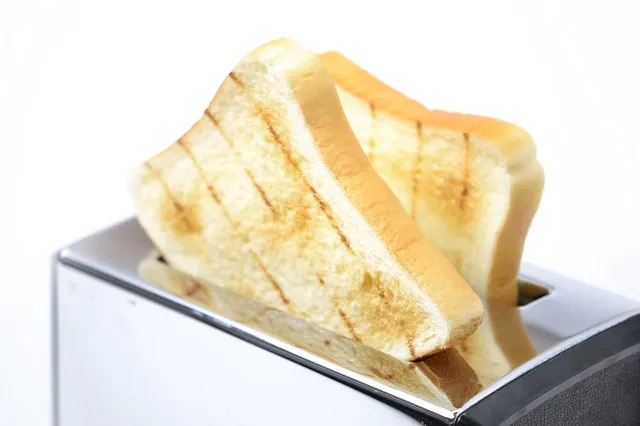Every morning, your toaster makes perfectly toasted bread adjusted to your preferences. But machines don't have to rely on previous data to make interesting insights. Although one could hardly call such unsupervised behavior "sentience". I'll explain.

Image Source
Let's imagine Facebook is interested in getting into the smart toaster game. Clearly social media and intelligent toasters are a match made in the robotic hell that is Lord Zuckerberg's evil lair. But Lord Zuckerberg is not interested in generating the perfect crunch, but deriving insights from user behavior.
Let's say our smart toaster is now equipped with multiple sensors that detect how much toast is made and when that toast is made in addition to the camera that we can use to identify who is using the toaster. Although this whole concept may appear absurd with the toaster, we could easily imagine something similar happening with your smartphone.
Because Lord Zuckerberg is cheap and only wants to store interesting information on his databases, he has installed an artificial intelligence on each toaster that uses unsupervised learning to find patterns in data. With supervised learning, the toaster used past data to generate a model to predict desirable outputs in the form of perfect toast. With unsupervised learning, the toaster is trying to find relationships between different variables, often using a technique known as clustering where data is divided into groups based on different variables.
That might be a lot to swallow, so you should probably spend extra time chewing so you don't accidently choke on that magnificent piece of toast that your Facebook Smart Toaster just made.
For example, the AI might notice a spike in toast consumption on the weekend. This could be seen in the creation of two clusters where the two variables are day of the week and toast consumption. One cluster contains Saturday and Sunday, and one cluster contains the rest of the days that nobody really cares much for.
With this data, another AI selects ads to display on the LCD screen on this toaster that pop up every once in awhile. During the week, it might show ads for coffee or other breakfast products. But on the weekend, it shows ads for kids toys. The insight here is that with a greater toast consumption, the owner of said toaster is more likely to have kids. And this can easily be verified through other information sources like one's Facebook profile.
But that's pretty much unsupervised learning for you. Hunting for interesting insights through using different mathematical and statistic analyses and techniques. And often the actual insights are made by people looking at the data rather the machine making the actual insight. In either case, we still have a dumb machine.
A program simply doesn't go from looking for patterns to committing crimes against humanity. But there are still plenty of different concepts in AI to uncover, so for now, be skeptical of your smart toaster. It might not have AI but even boring data is not necessarily something you want your device to be giving to someone like Lord Zuckerberg.